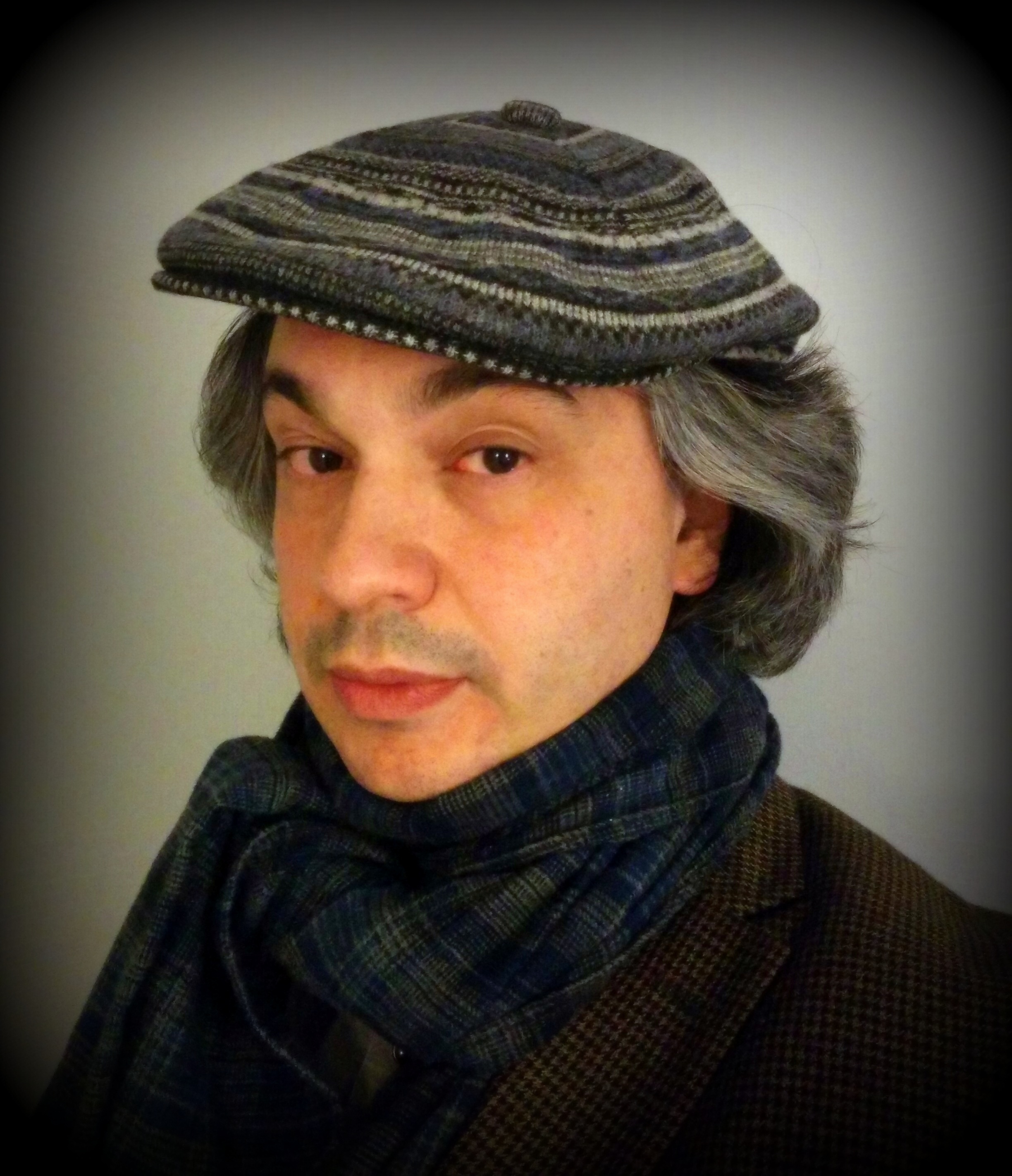Super excited to share our new preprint "Reductions of QAOA Induced by Classical Symmetries: Theoretical Insights and Practical Implications" on arXiv!
https://arxiv.org/abs/2602.16141
We explore how the performance of QAOA is determined by the structure of its dynamical Lie algebras and its connection to the expressivity and trainability. The primary objective of this work is to advance this understanding by studying the DLAs associated QAOA through the lens of symmetry reduction. Many combinatorial optimization objectives are invariant under a global bit-flip symmetry. From a classical standpoint, this symmetry allows one to fix the value of a single bit without loss of information. At first glance, this symmetry reduction appears to offer little advantage beyond a trivial reduction in problem size. One of the main contributions of this paper is to show that, at the quantum level, the situation is considerably richer.
Huge congratulations to the students Bao Bach and Jose Falla! And special shout-out to first author Boris Tsvelikhovskiy for driving this project forward.
#QuantumComputing #QAOA #QuantumOptimization #Research #VariationalQuantumAlgorithms #Symmetry












